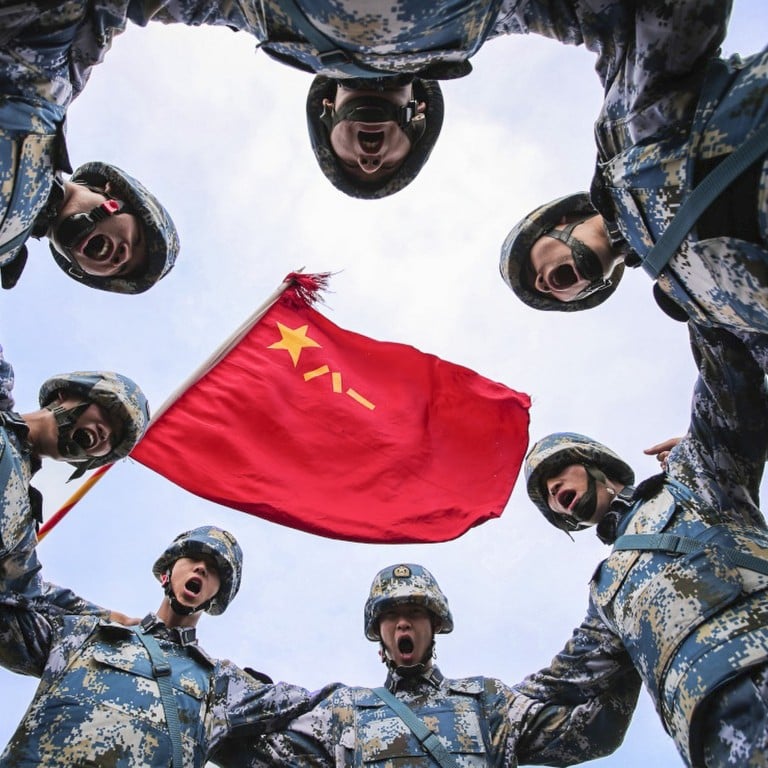
China to spend growing defence budget on combat readiness and ‘preparation for war’
- PLA says increased military spending aims to ‘improve strategic capacity’ to defend sovereignty, security and development interests
- China’s military spending to grow by 7.2 per cent to 1.69 trillion yuan, or US$235 billion, Premier Li Qiang says during annual parliamentary session
China will direct much of its growing defence budget to combat readiness as challenges persist at home and abroad, according to the country’s military.
“The instability and uncertainty of the security situation we face have increased, and the task of the military struggle is arduous and burdensome,” Wu said, adding that international military conflicts had erupted and China’s domestic anti-separatist struggle was “complex and grim”.
Chinese general calls for crackdown on ‘fake combat capabilities’ in military
More investment would also go towards advanced technology, science, logistics and key weaponry and equipment.
Anti-corruption investigators have targeted a number of PLA commanders in the past year, particularly in relation to weapons procurement.
China’s defence budget signals military readiness, not imminent war, experts say
Wu said resources would be used more effectively.
“The PLA will keep in mind the idea of living with a tight budget, strengthen the concept of high efficiency and low consumption, and adhere to the principle of doing everything diligently and frugally,” he said.
China’s defence budget is second only to that of the US military.
Wu said China’s spending was “transparent, reasonable and appropriate”, and “relatively low” compared to the United States in terms of its proportion of GDP and overall government spending, as well as military spending per capita or spending per military personnel.
Another beneficiary of the increased spending would be global peace, he said, with Chinese personnel taking part in international missions such as peacekeeping, naval escorts and humanitarian rescues.
Wu condemned US arms sales to Taiwan and repeated Beijing’s opposition to “external interference” by Washington.
He also sent a warning to the island’s president-elect, William Lai Ching-te of the independence-leaning Democratic Progressive Party.
“We are willing to work with the utmost sincerity and endeavour for the prospect of peaceful reunification, but we the PLA will never give the slightest room for separatist acts of ‘Taiwan independence’,” Wu said.
“The PLA will continue to strengthen its training and preparation for war and resolutely fight independence and promote unification.”

